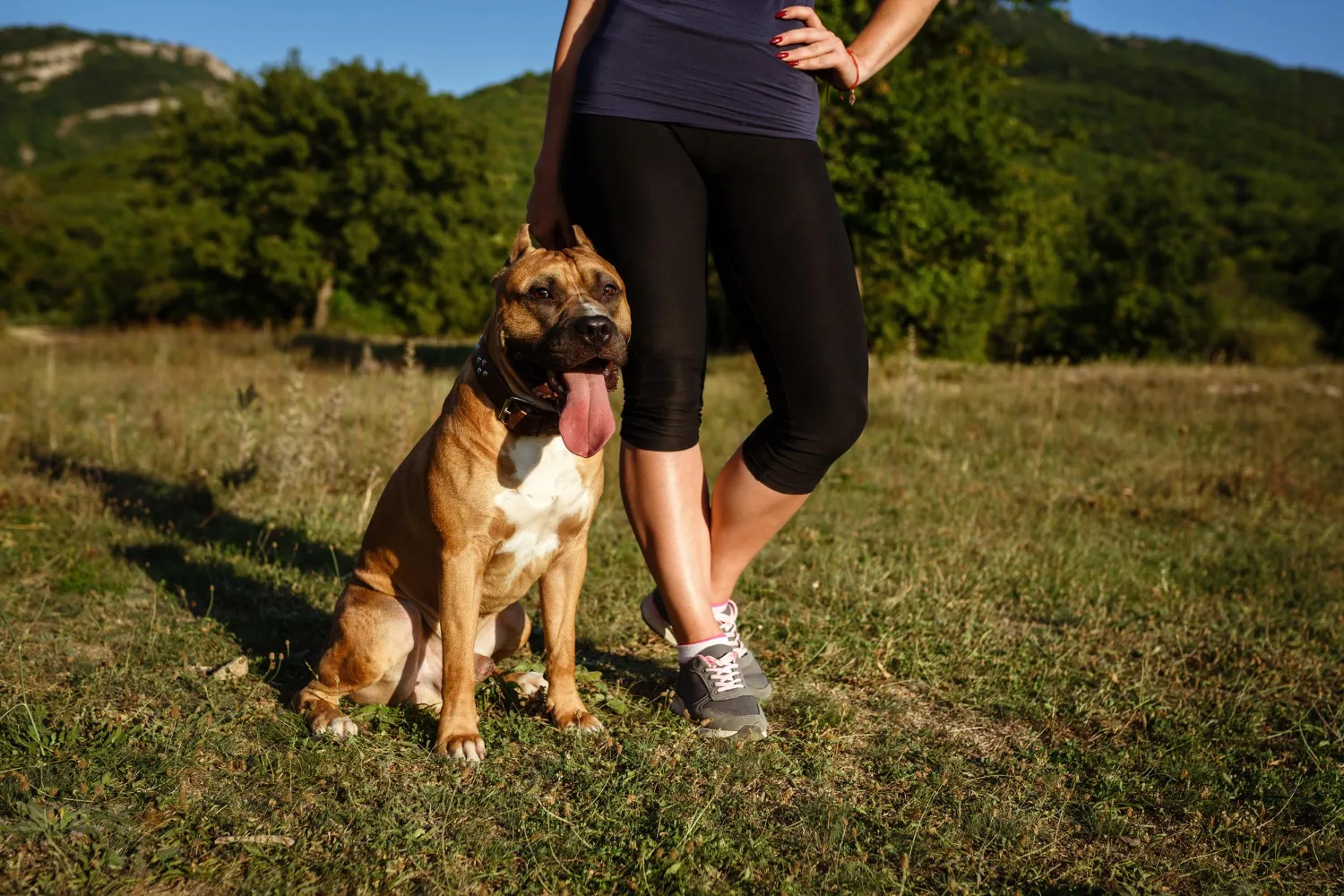
Remedies for pit bull dry spots on the skin.
If you’ve been trying to find a cure for your pit bull’s dry spots on the skin, you’ve come to the right place. This article will provide you with information on a few home remedies for pit bull skin problems. These include: Coconut oil, Licorice root, Witch hazel, and adding zinc to your dog’s diet. If none of these approaches work for your dog, consider trying one of these methods.
Coconut oil
If you’ve ever noticed your Pit Bull has itchy dry skin, coconut oil is a great alternative to steroids and other chemical treatments. Applied to the affected area, coconut oil acts as a soothing balm for your dog’s paws. This all-natural remedy is incredibly effective at healing all types of wounds, including those caused by sand or gravel, and it also stimulates the production of collagen fiber, the main component of skin. In addition to calming the skin, it also provides protection and moisture to paws, so there is no need to worry about the risks of your dog licking his paws or rubbing his nose against the outside world.
In addition to being effective at treating dry skin, coconut oil also contains other beneficial properties, including antifungal, antiviral, and antibacterial properties. These beneficial compounds also fight viral infections and prevent cracks in the skin. In addition, coconut oil has anti-inflammatory properties, which help prevent inflammation and protect your dog’s skin from further damage. If your pit bull is suffering from dry spots on the skin, coconut oil could help alleviate the problem.
Licorice root
Licorice root remedies for pit bull dry patches on the skin may help to alleviate the symptoms of these inflammatory diseases. The herb contains glycyrrhizin, a chemical similar to cortisone produced naturally by the adrenal glands. This chemical is anti-inflammatory and anti-microbial, and it has a variety of benefits for the skin. In addition to its anti-inflammatory properties, it can help to relieve itching and inflammation.
Licorice root has anti-inflammatory properties and can be purchased from a health food store. Just make sure it is of a good quality, because it is potentially harmful if taken in large quantities. Another remedy is licorice root tea. You can mix a cup of tea with the root and drink it once or twice daily. However, it is important to use it in moderation because too much can have adverse effects on the skin.
Witch hazel
There are many ways to treat hot spots on your pit bull’s skin, including witch hazel. It is also useful for treating itchy bug bites. Be sure to use it carefully and never give it to your dog by mouth. The best way to treat your dog’s hot spots is to visit your veterinarian. Your veterinarian will shave the affected area to make sure it is clean and dry. They may prescribe antibiotics to deal with the infection or steroids to relieve inflammation. Fortunately, the recovery process is quick and painless. Your veterinarian will be able to recommend witch hazel for dogs as an effective treatment for a hot spot.
If you have a large number of hot spots on your dog’s skin, try rubbing witch hazel on them several times a day. It may seem like a strange idea at first, but the alcohol content in witch hazel can cause your dog to become depressed or vomit. It’s best to use a small amount at a time, as too much could cause your dog to experience an unpleasant reaction.
Adding zinc to your dog’s diet
The condition called zinc-responsive dermatosis affects Pitbulls. Lack of zinc in the diet leads to dry skin, flaking of the coat, and odor. The area of skin affected by this problem may develop hot spots, which are caused by excessive scratching and licking. Treatment for zinc-deficiency in dogs involves adding zinc to the diet.
In order to make sure that your dog is not deficient in zinc, you should first perform a clinical exam. Blood tests for zinc content are often inaccurate, and skin biopsy may reveal a deficiency in your dog. If the results are negative, zinc supplementation can help improve the symptoms. Although a zinc-deficient dog may have a genetic predisposition, nutrition and quality of the dog’s diet are also factors in this condition.
Adding zinc to their diet
Adding zinc to their diet will correct any problem associated with a deficiency in this mineral. Symptoms of a deficiency include dry, crusty, or bald patches, hotspots, and red, itchy skin. These can be seen on pit bulls’ chins, ears, and footpads. If your pitbull has these symptoms, zinc supplementation should help.
The prognosis for dogs with this condition is excellent, but lifelong zinc supplementation may be necessary. In some cases, the lesions can wax and wane, depending on the season and stressors. In addition to a change in diet, zinc supplementation can help prevent future lesions from occurring. Some dogs may even develop a permanent skin ulcer if zinc is not a part of their diet.
Also read:
- Are pitbulls allergic to chicken?
- Are pitbulls hypoallergenic?
- How to help with pitbull shedding?
- Mushrooms – Effects on Your Dog’s Health After Being Eaten
- Why is my pitbull breathing so fast?
If you’ve been trying to find a cure for your pit bull’s dry spots on the skin, you’ve come to the right place. This article will provide you with information on a few home remedies for pit bull skin problems. These include: Coconut oil, Licorice root, Witch hazel, and adding zinc to your dog’s diet.…
